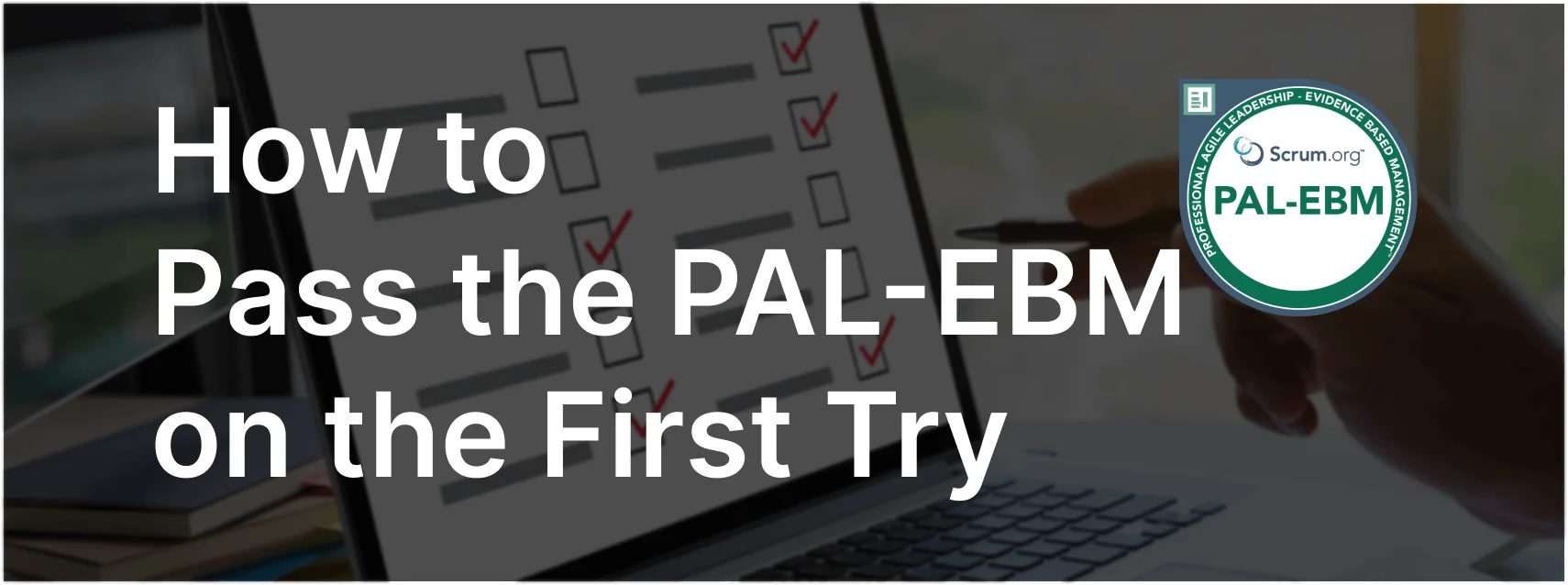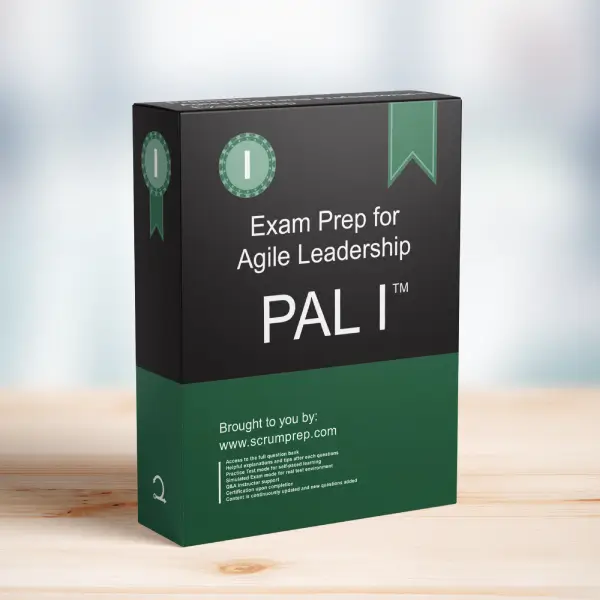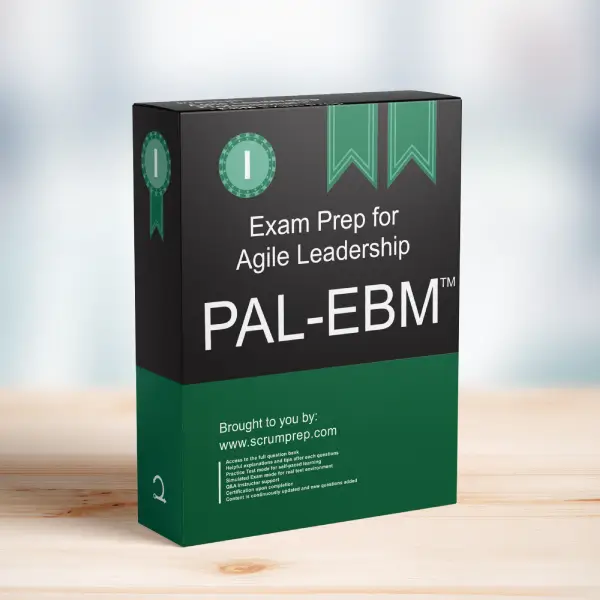The Best Context for Using an Empirical Approach
An empirical approach is central to Agile and Evidence-Based Management (EBM) frameworks. It is crucial to understand the types of problems that are best addressed using this approach.
Exam Question
An empirical approach is best suited to solving problems that are:
(choose the best answer)
A. Simple, in which cause and effect is relatively direct.
B. Chaotic, in which there is no clear relationship between cause and effect.
C. Complicated, in which cause and effect requires some analysis to understand.
D. Complex, in which cause and effect are only understandable with experience.
Correct Answer
D. Complex, in which cause and effect are only understandable with experience.
Explanation
Correct Answer
D. Complex, in which cause and effect are only understandable with experience:
Empirical approaches are most effective in complex environments where the relationship between cause and effect can only be understood through experience and iterative learning. These environments are characterized by uncertainty and the need for adaptive practices. An empirical approach relies on cycles of inspection, adaptation, and learning from the results to address these complexities effectively.
Why the Other Options Are Less Relevant
A. Simple, in which cause and effect is relatively direct:
In simple environments, cause and effect relationships are clear and predictable. Traditional problem-solving methods are typically sufficient, and the iterative learning process of empirical approaches is not necessary.
B. Chaotic, in which there is no clear relationship between cause and effect:
In chaotic environments, actions need to be taken quickly to establish some order before applying an empirical approach. Initial steps involve immediate action rather than systematic experimentation.
C. Complicated, in which cause and effect requires some analysis to understand:
In complicated environments, expert analysis and structured approaches are often more appropriate. While empirical methods can be used, the predictability and need for expert knowledge make other methods more efficient.
Benefits of Using an Empirical Approach in Complex Environments
- Adaptive Learning: Empirical approaches allow teams to learn and adapt quickly to new information, making them well-suited for environments where conditions change frequently.
- Data-Driven Decisions: By focusing on empirical evidence, decisions are based on actual data rather than assumptions, reducing the risk of error.
- Flexibility: Empirical approaches support iterative cycles, allowing teams to pivot based on feedback and evolving understanding.
- Continuous Improvement: Regular inspection and adaptation lead to continuous improvement, a key principle in Agile frameworks.
EBM Framework Insights
- Current Value (CV): Understanding the current value delivered to customers through iterative feedback loops.
- Unrealized Value (UV): Identifying opportunities for future value through empirical investigation and experimentation.
- Ability to Innovate (A2I): Promoting innovation by allowing teams to experiment and learn from the outcomes.
- Time to Market (T2M): Reducing time to market by iteratively refining and improving product features.
Relevance to the PAL-EBM Exam
Understanding the context in which an empirical approach is most effective is essential for the PAL-EBM exam. This knowledge demonstrates the ability to apply empirical principles in complex environments to drive continuous improvement and value delivery.
Key Takeaways
- Empirical approaches are best suited for complex problems where cause and effect relationships are understood through experience.
- These approaches support adaptive learning, data-driven decisions, flexibility, and continuous improvement.
- In simple or chaotic environments, other methods may be more appropriate initially.
Conclusion
An empirical approach is most effective in complex environments where iterative learning and adaptation are crucial. By leveraging empirical methods, organizations can navigate uncertainty, make informed decisions, and continuously improve their products and processes. For more information on preparing for the PAL-EBM exam, visit our Professional Agile Leadership PAL-EBM™ Exam Prep.





